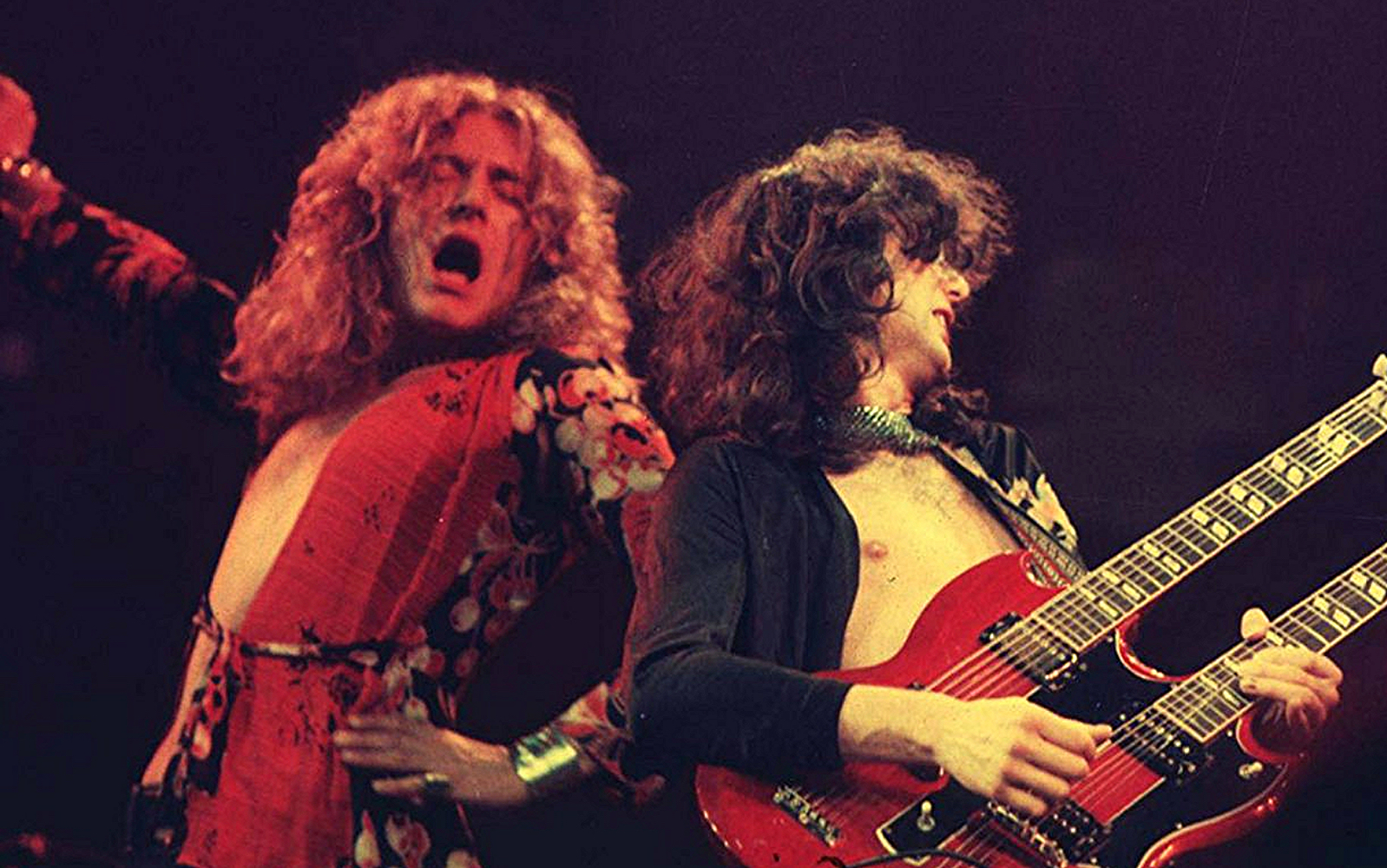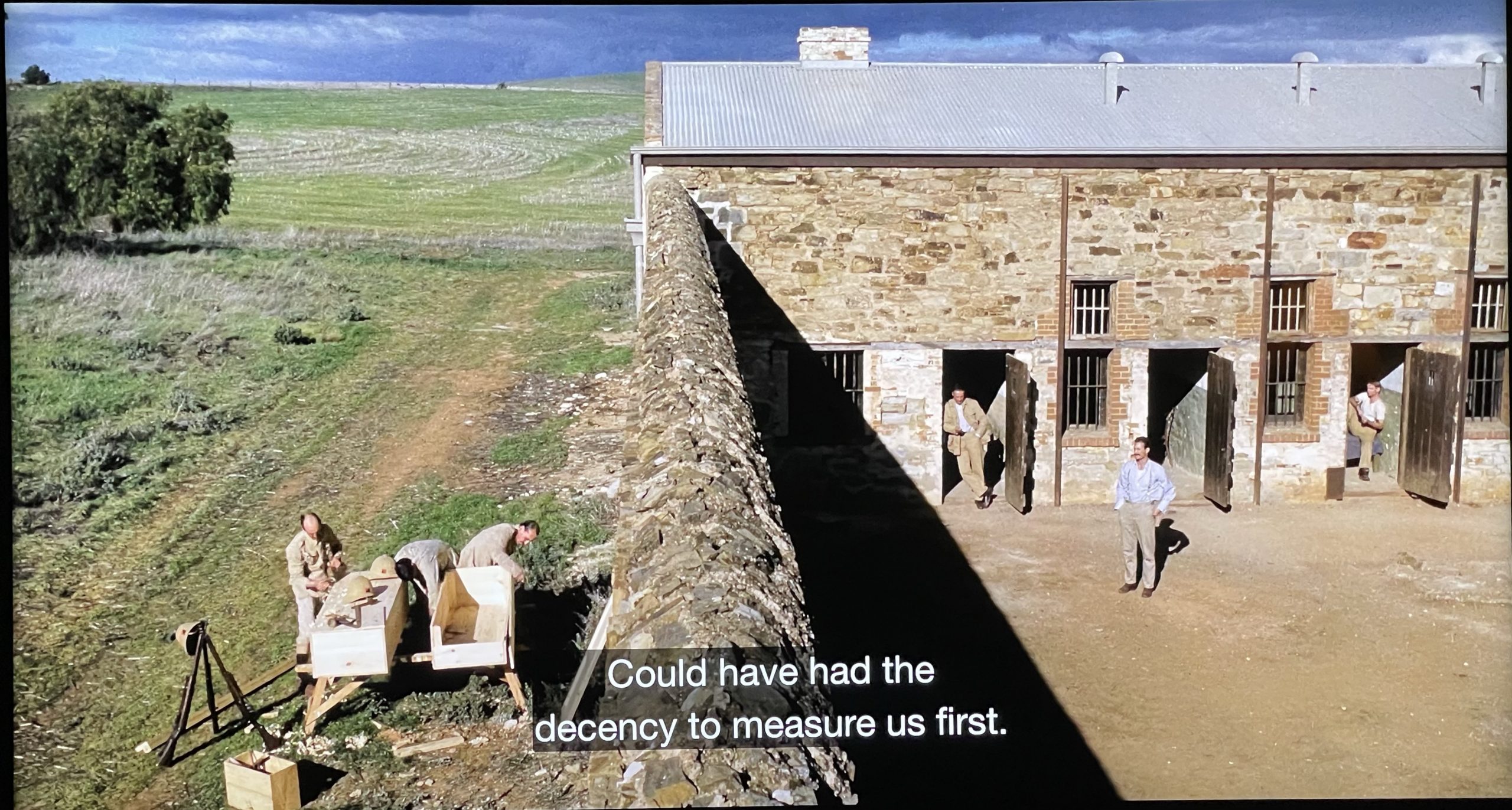What’s happened to Bernard McMahon’s Becoming Led Zeppelin? In early September the 137-minute doc screened at the Venice and Telluride film festivals, which almost always signals some kind of imminent fall release, or at least early the following year. But then it disappeared. Either nobody acquired it or it was withdrawn for further editing or something. All I know is that there’s no word about anything.
HE wild guess: There’s been a general sense of frustration with the critical response to the doc. Most reviewers found it overly obsequious and not even slightly inquisitive, and so (again, purely a guess) some re-editing and re-shaping is going on.
Led Zeppelin headliners Jimmy Page and Robert Plant, who had apparently turned down previous proposals for a definitive Led Zeppelin doc over the years, presumably because they didn’t want a warts-and-all portrait (i.e., infamous drug use and groupie debauchery on the road + the drug-related death of dummer John Bonham), are presumably hammering things out with McMahon as we speak. Or not. Who knows?
I saw and reviewed Becoming Led Zeppelin at Telluride ’21. Like most many reviewers I found it satisfactory if (and I say “if“) you’re willing to just go with it and put away your cranky hat. Providing, in other words, that you’re willing to ignore the doc’s kiss-ass attitude and general lack of curiosity about anything other than how the band came together and how the early songs were created, etc.
Forty-eight words: Becoming Led Zeppelin is highly enjoyable but a bit under-nourishing due to control-freak conditions imposed by Page and Plant. Overly sanitized, dishonest by way of omission, totally obsequious. But I still “liked” it — i.e., had a mildly good time except during the last 20 or 25 minutes.
Excerpt: “The first hour relates the individual paths of the three remaining Zeppers, and straight from the mouths — Jimmy Page, Robert Plant, John Paul Jones (all currently in their 70s and in good spirits) as well as the late John Bonham, who is heard speaking to a journalist about this and that.
“The second hour is about the launch of Led Zeppelin — the early play dates, the creation of the first two albums, the acclaim, the power and the glory. It’s basically about good times, and there’s certainly nothing ‘wrong’ with that.
“The problem is that it doesn’t dig in. It’s not even slightly inquisitive. It’s way too obliging, almost feeing like an infomercial at times. It offers, in short, a really restricted portrait, and around the 110-minute mark (and with 27 minutes to go) I started to mind this.






